Home>Garden Essentials>How Much Does Grass Seed Cost
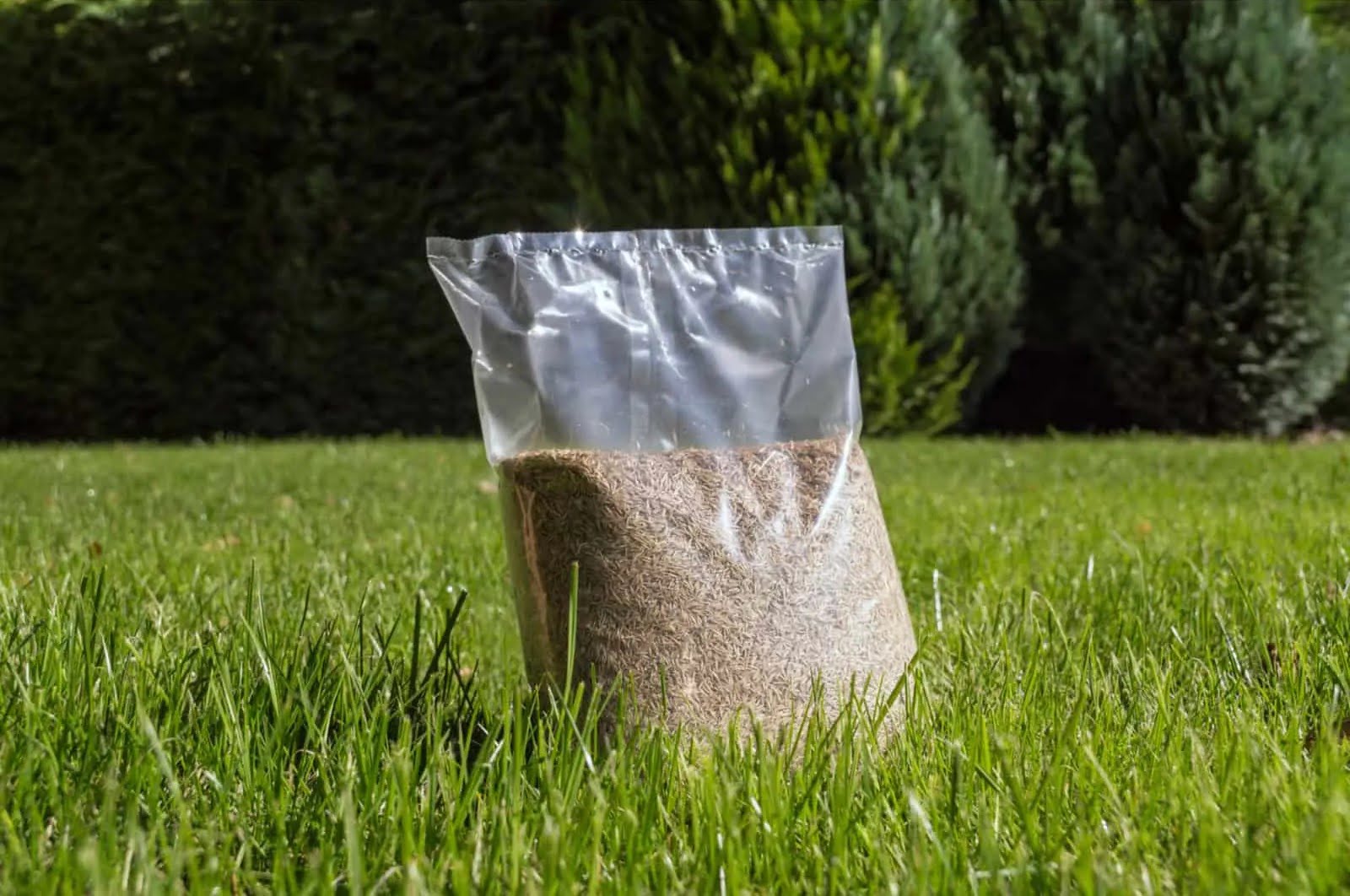

Garden Essentials
How Much Does Grass Seed Cost
Modified: September 2, 2024
Find out the average cost of garden grass seed and get tips on how to save money on your next gardening project.
(Many of the links in this article redirect to a specific reviewed product. Your purchase of these products through affiliate links helps to generate commission for Storables.com, at no extra cost. Learn more)
Introduction
When it comes to creating a lush and vibrant garden, one of the essential elements is a healthy and well-maintained lawn. A beautiful lawn not only enhances the overall aesthetics of your outdoor space but also provides a comfortable area for relaxation and outdoor activities. Whether you are starting from scratch or looking to repair patches in your lawn, choosing the right grass seed is crucial.
In this article, we will explore the factors that affect the cost of grass seed and provide you with insights to help you make an informed decision. From the type and quality of grass seed to the quantity required and additional costs, we will cover it all. So, let’s dive in and discover how much grass seed might cost you!
Key Takeaways:
- Choose high-quality grass seed for a lush lawn. Consider type, quality, and quantity to plan your budget. Trusted brands may have a higher price but ensure better results.
- Grass seed costs vary based on type and brand reputation. Factor in additional costs like soil preparation and maintenance for a complete budget.
Read more: How Much Does Alfalfa Seed Cost
Factors Affecting Grass Seed Cost
Several factors contribute to the cost of grass seed. Understanding these factors will help you determine why certain grass seed varieties might be priced higher than others. Here are the key factors to consider:
- Type of Grass Seed: Different types of grasses have varying costs. Common grass seed varieties like Kentucky bluegrass and perennial ryegrass are often more affordable compared to specialty grasses such as fine fescue or bentgrass. The rarity and demand for certain grass seed types influence their pricing.
- Quality of Grass Seed: The quality of grass seed can significantly impact its cost. High-quality grass seed is often more expensive due to the careful selection of superior genetic traits, pure seed content, and excellent germination rates. It is worth investing in premium quality grass seed as it will provide you with a healthier and more resilient lawn.
- Quantity of Grass Seed: The amount of grass seed you need will affect the overall cost. A small lawn or patch repair project will require less seed, making it more economical compared to larger-scale projects. It’s essential to calculate the square footage of your lawn to determine the appropriate quantity of grass seed.
In addition to these primary factors, other aspects such as brand reputation, packaging, and additional costs can influence the price of grass seed. Let’s explore these factors in more detail to better understand their impact on the overall cost.
Type of Grass Seed
When it comes to selecting the right grass seed for your lawn, there is a wide variety of options available. The type of grass seed you choose can have a significant impact on both the cost and the overall look and feel of your lawn. Here are some commonly used types of grass seed:
- Kentucky Bluegrass: Kentucky bluegrass is a popular choice for its exceptional durability and tolerance to cold climates. It has a fine texture and a vibrant green color, making it highly desirable. Kentucky bluegrass blends are often cost-effective and can provide a lush, dense lawn.
- Tall Fescue: Tall fescue is known for its ability to withstand drought and shade. It has a robust root system and requires less water compared to other grasses. Tall fescue blends are often reasonably priced and can thrive in various growing conditions.
- Perennial Ryegrass: Perennial ryegrass is quick to establish and has excellent wear tolerance. It is often used for overseeding thinning lawns or for areas with high foot traffic. Perennial ryegrass blends are generally affordable and can provide a lush, green lawn quickly.
- Bermuda Grass: Bermuda grass is a warm-season grass known for its heat tolerance and ability to withstand heavy use. It is commonly found in southern regions and provides a beautiful, dense lawn. Bermuda grass seed can be slightly more expensive due to its specific growing requirements.
- Zoysia Grass: Zoysia grass is a slow-growing warm-season grass that forms a dense and uniform lawn. It has excellent wear resistance and is known for its ability to withstand harsh conditions. Zoysia grass seed can be more expensive due to its slower growth and higher maintenance needs.
- Buffalo Grass: Buffalo grass is a low-maintenance warm-season grass that requires minimal watering and mowing. It is drought-tolerant and thrives in arid climates. Buffalo grass seed can be slightly more expensive due to its scarcity and specific growing requirements.
It’s important to consider your local climate, soil type, and specific lawn requirements when choosing the type of grass seed. Consulting with local garden centers or experts can also provide valuable insights into the best grass seed options for your area.
Quality of Grass Seed
The quality of grass seed plays a vital role in the overall success and appearance of your lawn. Higher-quality grass seed not only yields better germination rates but also produces a healthier and more robust lawn. Here are some factors to consider when evaluating the quality of grass seed:
- Purity: High-quality grass seed should have a high percentage of pure seed content. It means that the seed should be free from weed seeds, other crop seeds, or inert matter. It ensures that the grass will grow without competing with unwanted plants.
- Germination Rate: Germination rate measures the percentage of seed that will successfully sprout and grow into grass. Look for grass seed with a high germination rate to ensure that you get the maximum number of healthy seedlings for a lush and dense lawn.
- Variety: Quality grass seed often consists of a blend of different grass varieties. This allows for a stronger and more resilient lawn that can better adapt to various environmental conditions and resist diseases and pests.
- Freshness: Fresh grass seed has a higher chance of germination compared to older seed. When purchasing grass seed, check for the “packed on” or “sell-by” date to ensure that you’re getting fresh seed that is more likely to yield successful results.
- Seed Coating: Some high-quality grass seed comes with coating or treatment to improve germination and early growth. These coatings can include additives to enhance disease resistance, nutrient absorption, and water retention, ultimately leading to a healthier and better-established lawn.
Investing in high-quality grass seed may come with a slightly higher price tag, but it is a worthwhile investment. A superior quality grass seed will establish a dense and vibrant lawn, reducing the chances of weed infestation and promoting long-term lawn health.
When purchasing grass seed, consider reputable brands and look for labels or certifications that indicate seed quality standards. Consulting with turfgrass professionals or local garden centers can also provide guidance on selecting the best quality grass seed for your specific lawn needs.
Quantity of Grass Seed
The quantity of grass seed you will need depends on the size of your lawn and the desired thickness of the grass. Calculating the appropriate amount of seed ensures proper coverage and helps you estimate the cost accurately. Here are some factors to consider when determining the quantity of grass seed:
- Size of the Lawn: Measure the square footage of your lawn to determine the area that needs to be seeded. This can be done by multiplying the length and width of the lawn or by using an online square footage calculator. Knowing the size of your lawn is essential for purchasing the right quantity of grass seed.
- Seed Coverage Rate: Different grass seed varieties have varying coverage rates, usually stated on the packaging. Coverage rates indicate the amount of seed required to cover a specific area. For example, if the coverage rate is 1 pound per 500 square feet, you will need 2 pounds of seed for a 1,000 square foot lawn.
- Overseeding or New Lawn: If you are overseeding an existing lawn to thicken it up or filling in bare patches, you will need less seed compared to establishing a new lawn. Overseeding typically requires half the amount of seed as a new lawn establishment.
- Desired Thickness: The thickness of the grass you want to achieve will also impact the quantity of seed needed. If you desire a denser lawn, you may need to increase the coverage rate slightly to ensure proper coverage and optimum germination.
It’s crucial to follow the recommended coverage rates provided by the seed manufacturer to achieve the best results. Under-seeding or over-seeding can lead to uneven growth and affect the overall appearance of your lawn.
Once you have determined the square footage of your lawn and the coverage rate of the grass seed you have chosen, you can calculate the quantity of grass seed needed. Remember, it’s always a good idea to add a little extra to account for any potential wastage or for future touch-ups.
By calculating the right quantity of grass seed, you can effectively plan your budget and avoid any unnecessary expenses or shortages.
When purchasing grass seed, consider the type of grass you want, the size of the area to be seeded, and the quality of the seed. Prices can range from $2 to $15 per pound, so it’s important to do your research and compare prices before making a purchase.
Read more: How Much Does Crop Rotation Cost
Brand Reputation
Brand reputation is an important factor to consider when purchasing grass seed. Trusted and reputable brands have a proven track record of providing high-quality products that consistently deliver excellent results. Here are some reasons why brand reputation matters:
- Quality Assurance: Established brands often have stringent quality control measures in place to ensure that their grass seed meets the highest standards. They invest in research and development to develop improved seed varieties with better characteristics such as disease resistance, drought tolerance, and higher germination rates.
- Reliability: Reputable brands have built a reputation for delivering reliable and consistent products. They have a history of providing grass seed that performs as advertised, giving you confidence in the quality and results.
- Customer Satisfaction: Brands with good reputations have a strong focus on customer satisfaction. They take pride in their products and are invested in ensuring that customers have a positive experience. They often provide helpful resources, customer support, and warranties to back up their seed quality and performance.
- Recommendations: Trusted brands often receive positive recommendations from experienced gardeners, landscapers, and turfgrass professionals. Their products are often tested and recommended by industry experts, making it easier for you to make an informed decision based on the experiences of others.
- Longevity: Brands with a long history in the grass seed industry have stood the test of time. Their longevity indicates that they have gained the trust and loyalty of customers over the years through consistent quality and reliability.
While reputable brands may have a slightly higher price point compared to lesser-known brands or generic options, it is often worth the investment. The peace of mind and assurance that come with purchasing from a trusted brand can save you both time and money in the long run.
Researching different brands, reading customer reviews, and seeking recommendations from experts can help you identify reputable brands and make an informed choice when purchasing grass seed.
Packaging and Presentation
The packaging and presentation of grass seed can vary among different brands and suppliers. While it may not seem like a significant factor, it can impact your overall experience and perception of the product. Here are some considerations regarding the packaging and presentation of grass seed:
- Informational Content: Look for packaging that provides clear and concise information about the grass seed, including the type, variety, coverage rate, germination rate, and any additional features or benefits. Having detailed information readily available can help you make an informed decision.
- Instructions and Tips: Packaging that includes instructions for proper seed preparation, sowing techniques, and maintenance tips can be extremely helpful, especially for first-time users. Clear instructions and useful tips can contribute to your success in growing a healthy and beautiful lawn.
- Resealable Packaging: Some grass seed packages are designed with resealable features to keep the seed fresh and protected from moisture or pests. Resealable packaging allows you to use the required amount of seed while preserving the remaining contents for future use.
- Visual Representation: Appealing packaging with vivid and accurate visual representations of the grass variety can assist in visualizing the end result. Seeing how the grass will potentially look can help you make a more informed decision and set appropriate expectations.
- Sustainable Packaging: Environmentally conscious consumers may prefer grass seed packaged in eco-friendly materials or those that prioritize sustainable practices. Some brands use recyclable or biodegradable packaging to minimize environmental impact.
The packaging and presentation of grass seed can contribute to the overall user experience. Clear and informative packaging not only makes it easier for you to select the right product but also helps you understand how to properly sow and care for your lawn.
Remember that the packaging is just one aspect to consider when choosing grass seed. It is essential to focus on the quality, type, and reputation of the seed itself while taking packaging and presentation into account.
Additional Costs
When budgeting for grass seed, it is important to consider additional costs that may arise beyond the initial purchase. Here are some potential additional costs to keep in mind:
- Soil Preparation: Proper soil preparation is crucial for the success of your grass seed. This may involve tasks such as removing existing vegetation, tilling the soil, adding amendments or fertilizers, and leveling the ground. Depending on the condition of your soil, you may need to invest in tools, equipment, or professional assistance, which can add to the overall cost.
- Irrigation: Adequate irrigation is necessary to ensure the germination and establishment of your grass seed. If your lawn does not have an existing irrigation system, you may need to invest in sprinklers, hoses, or other watering equipment. Additionally, consider the cost of water usage, especially if you live in an area with water restrictions or expensive water rates.
- Maintenance: A lush and healthy lawn requires ongoing maintenance, which can include mowing, fertilizing, aerating, and weed control. These maintenance tasks often involve additional costs for equipment, fertilizers, pesticides, and professional services if needed.
- Repair and Reseeding: Over time, your lawn may require spot repair or overseeding to fix bare patches or thinning areas. This may incur additional costs for purchasing additional grass seed and the necessary tools or equipment for reseeding.
- Professional Services: Depending on your expertise and time available, you may choose to hire professionals for soil testing, lawn installation, or ongoing lawn care. Professional services can be an additional expense but can ensure optimal results, especially for larger lawns or complex projects.
It is important to factor in these additional costs when budgeting for your grass seed project. Assess your specific needs, capabilities, and preferences to determine if you will require any additional services or equipment. Properly evaluating all the associated costs will help you plan financially and ensure the long-term success of your lawn.
Average Cost of Grass Seed
The cost of grass seed can vary depending on several factors such as the type, quality, quantity, and brand reputation. On average, the cost of grass seed ranges from $2 to $10 per pound. However, it’s important to note that prices may fluctuate depending on your location and the specific grass seed variety you choose.
Common grass seed varieties like Kentucky bluegrass and perennial ryegrass are often more affordable, averaging around $2 to $4 per pound. These varieties are widely available and have lower production costs, making them a cost-effective choice for many homeowners.
Specialty grass seed varieties such as fine fescue, bentgrass, or premium blends can range from $5 to $10 per pound. These varieties may have higher production costs due to their specific genetic traits, purity, and superior performance characteristics.
The quantity of grass seed you need also affects the overall cost. As a general estimate, a residential lawn typically requires 4 to 8 pounds of grass seed per 1,000 square feet. If you have a larger lawn, the total cost of seed can increase accordingly.
Brand reputation can also impact the price of grass seed. Well-known brands or those with a strong reputation for quality may come with a slightly higher price tag. However, investing in trusted brands often ensures better seed quality, higher germination rates, and long-term satisfaction.
It’s important to remember that the cost of grass seed is just one component of the overall lawn establishment or renovation project. Additional costs such as soil preparation, irrigation, maintenance, and potential professional services should also be taken into account when budgeting for your project.
Ultimately, the total cost of your grass seed project will depend on the specific requirements of your lawn and your desired results. It is recommended to consult with local suppliers or garden centers to get more accurate pricing information specific to your area and the grass seed varieties available.
Read more: How Much Does Soybean Seed Cost
Conclusion
When it comes to creating a beautiful and thriving lawn, choosing the right grass seed is key. Understanding the factors that affect the cost of grass seed will help you make an informed decision and plan your budget accordingly.
Factors such as the type of grass seed, its quality, the quantity needed, brand reputation, and packaging can all contribute to the overall cost. Different grass seed varieties vary in price, with common varieties like Kentucky bluegrass and perennial ryegrass being more affordable, while specialty varieties may come at a higher cost. Investing in high-quality seed is recommended, as it ensures better germination rates and a healthier lawn in the long run.
In addition to the cost of the seed itself, it’s important to consider additional costs such as soil preparation, irrigation, maintenance, and potential professional services. Taking all these factors into account will give you a more accurate estimate of the total cost of your grass seed project.
While price is an important consideration, it’s also crucial to remember that a beautiful lawn is an investment in your outdoor space. A well-maintained and vibrant lawn can enhance the aesthetic appeal of your home, provide a comfortable area for outdoor activities, and increase your property value.
As you embark on your grass seed project, take the time to research different grass seed varieties, consult with experts, and evaluate reputable brands. By making informed decisions and considering all the necessary factors, you can create a lush and healthy lawn that you can enjoy for years to come.
Remember, a beautiful lawn starts with the right grass seed. So, choose wisely, nurture your lawn with care, and watch your outdoor space transform into a vibrant oasis.
Frequently Asked Questions about How Much Does Grass Seed Cost
Was this page helpful?
At Storables.com, we guarantee accurate and reliable information. Our content, validated by Expert Board Contributors, is crafted following stringent Editorial Policies. We're committed to providing you with well-researched, expert-backed insights for all your informational needs.



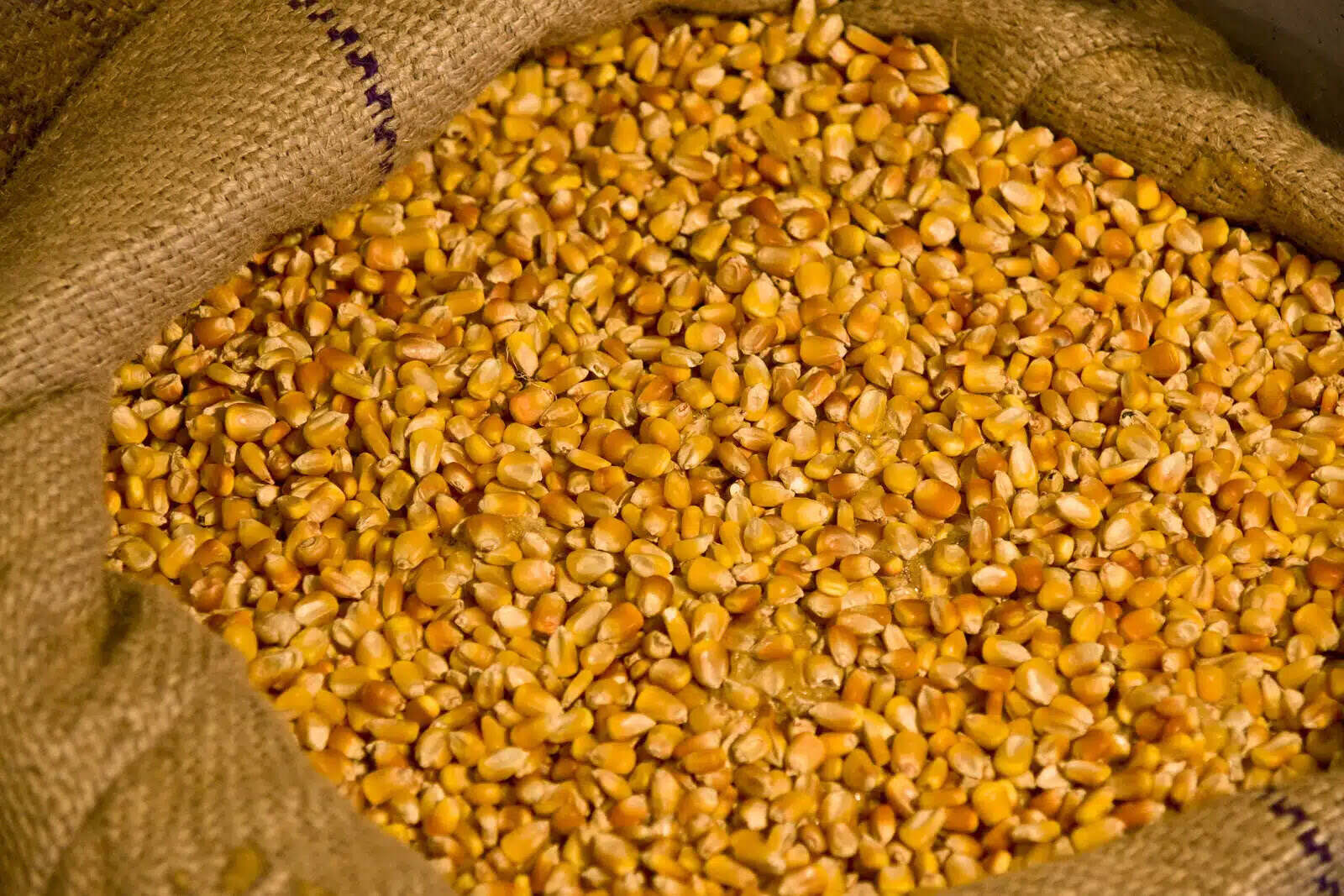

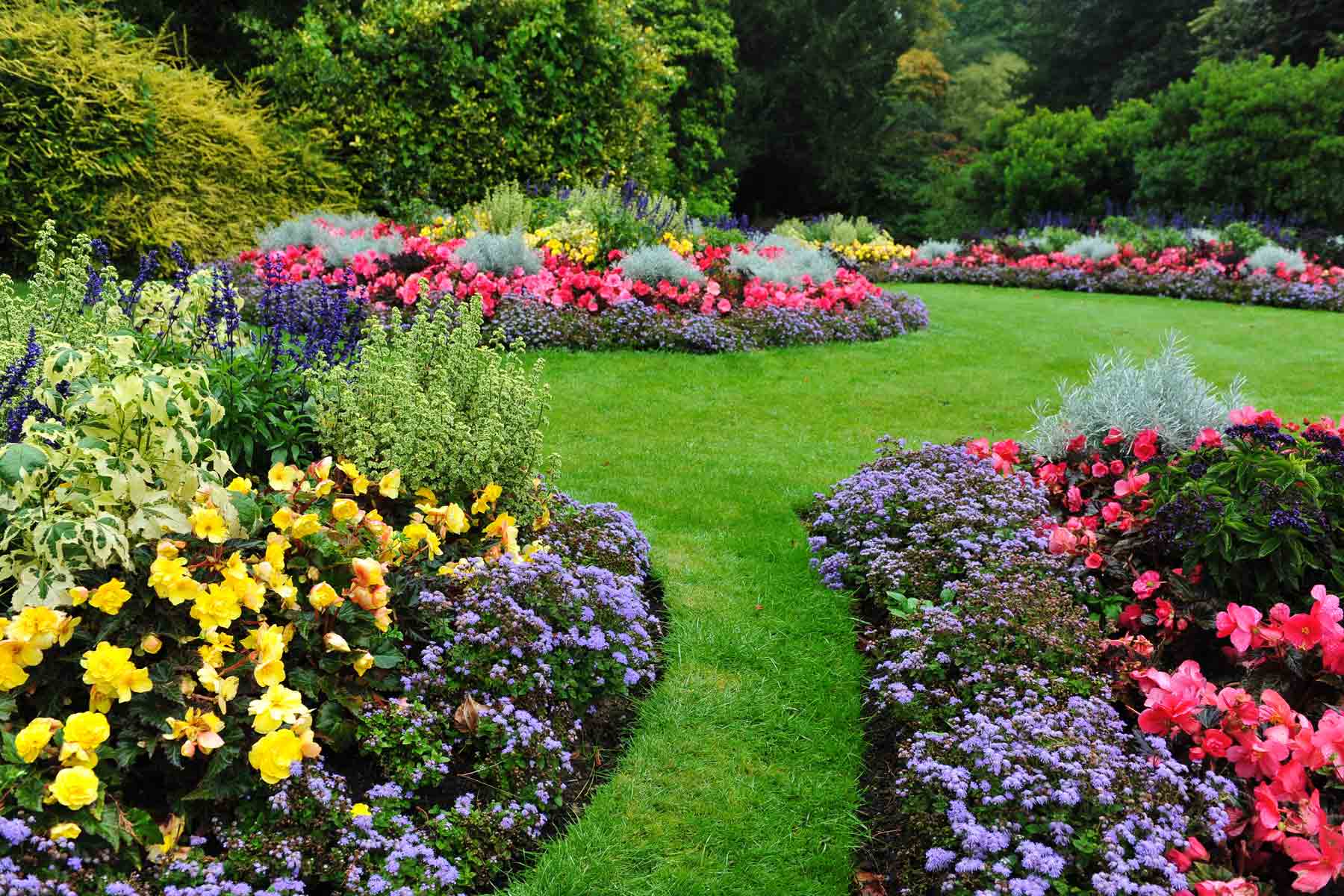
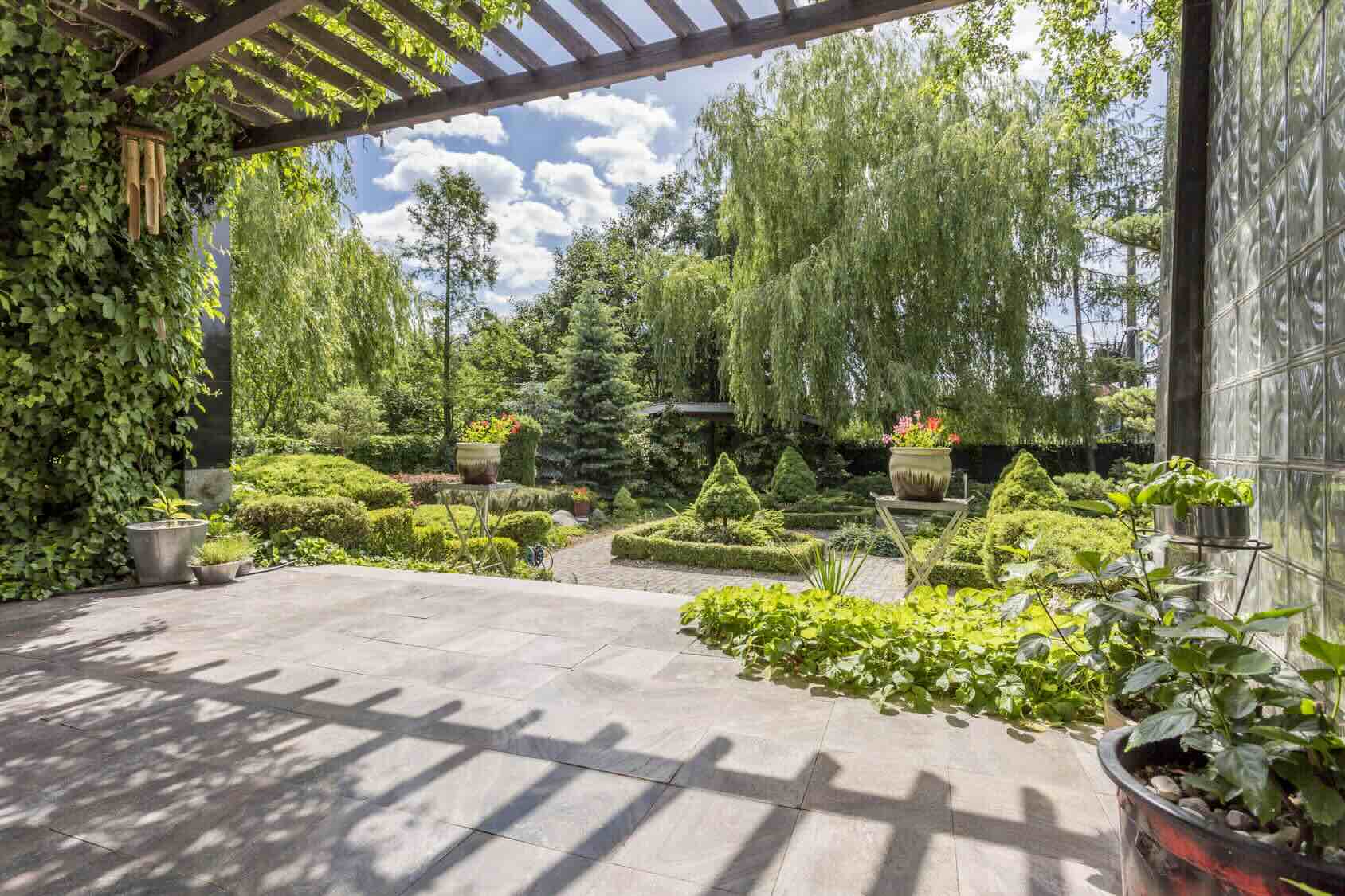

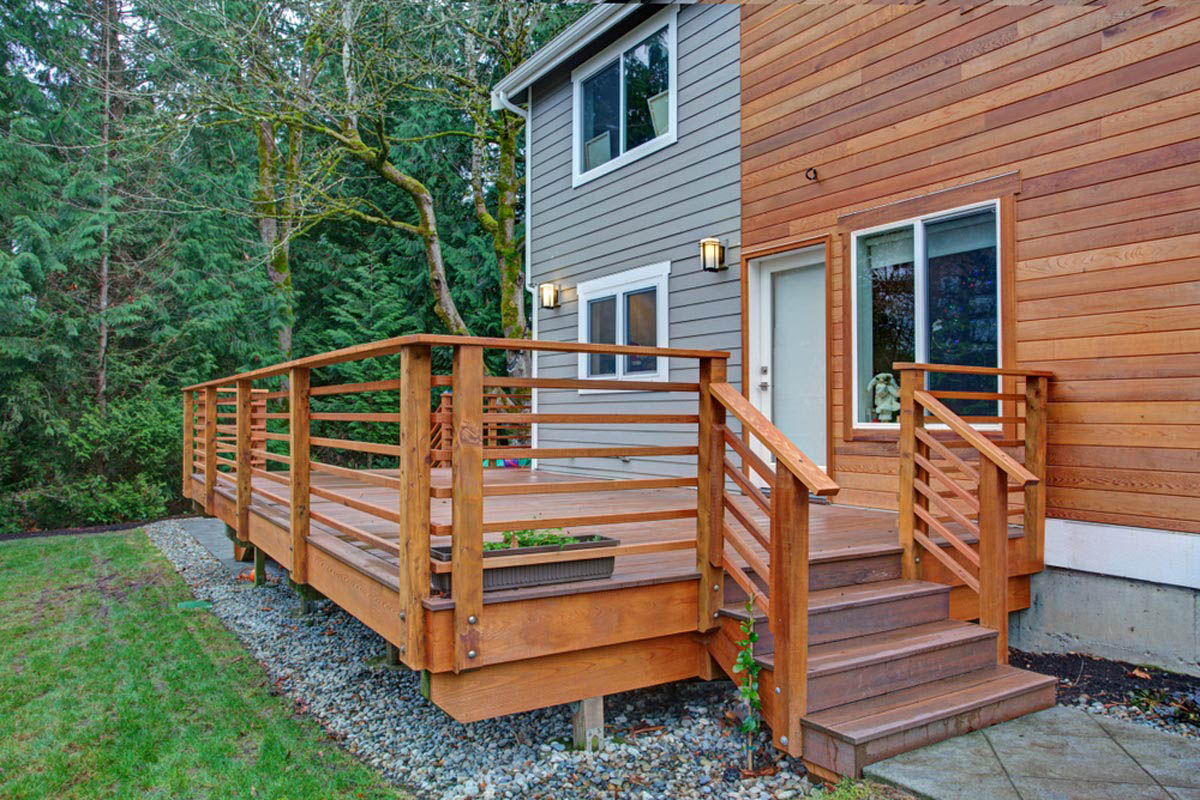
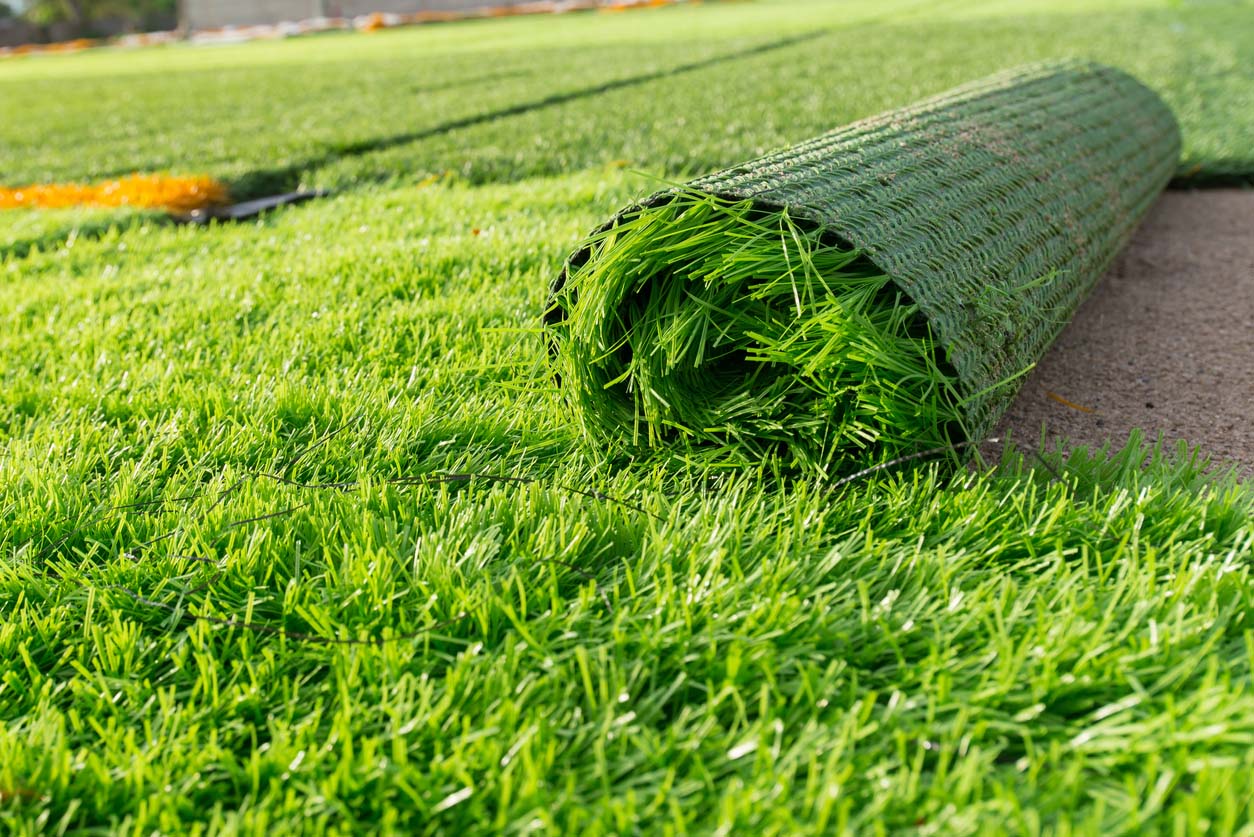

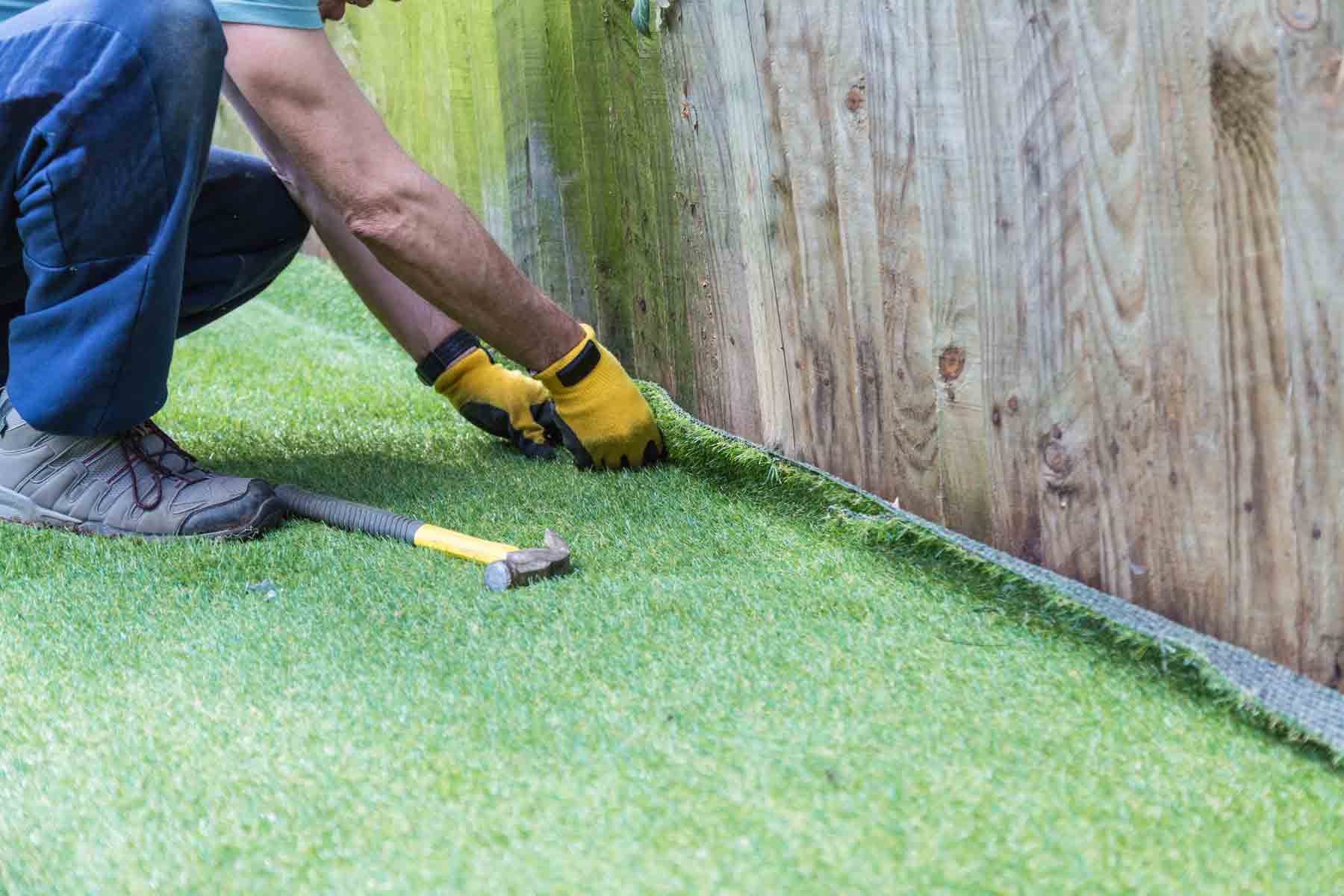


0 thoughts on “How Much Does Grass Seed Cost”